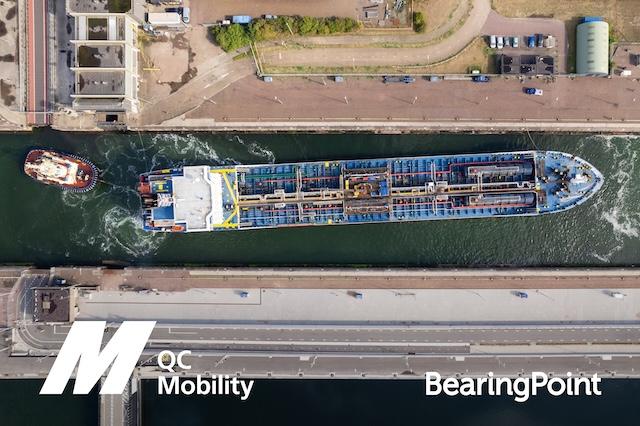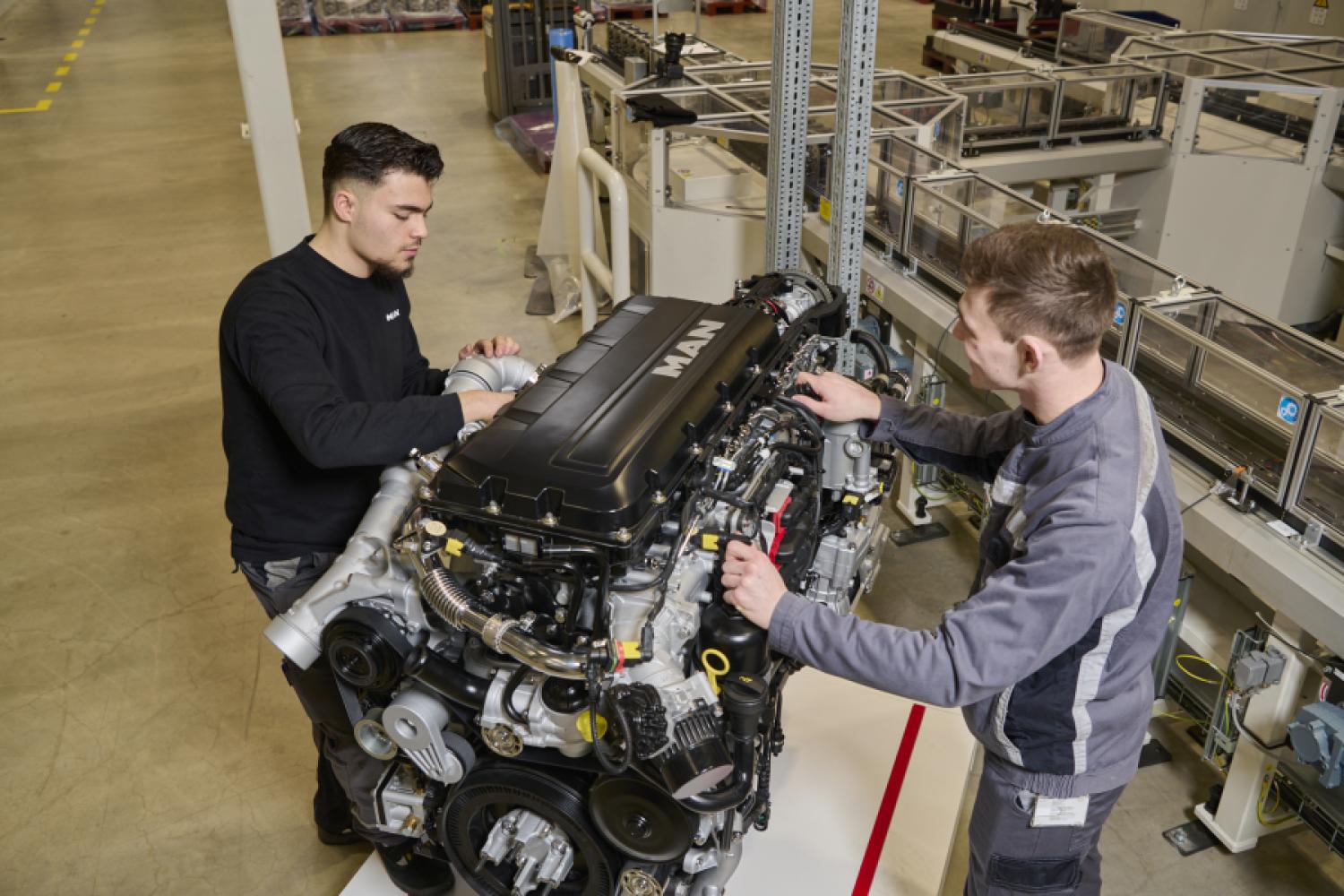How can real use cases in logistics be combined with the theoretical possibilities of quantum computing? What practical benefits does the use of quantum computers offer compared to classical hardware? These questions in the field of maritime transport are the focus of the subproject "QCMobility | Maritime Transport." The DLR Quantum Computing Initiative (DLR QCI) has now assigned tasks from this subproject to the management and technology consultancy BearingPoint, which is integrated into the overall project "QCMobility" for optimizing transport using quantum computing, according to a press release from June 4.
According to the cooperation partners, the project works with a specific application problem: In inland navigation, locks present a considerable challenge for efficient freight transport. The goal of the project
is to optimize lock operations on the Wesel-Datteln Canal, which is Germany's busiest waterway after the Rhine. Current real data will be applied for this purpose, and the journeys through multiple locks will be considered holistically.
Bringing together quantum potentials and domain knowledge
For the implementation of the project, BearingPoint, according to the company, has highly qualified personnel in the field of quantum computing with a deep understanding of quantum logic, quantum algorithmics, and a broad understanding of user requirements. Furthermore, BearingPoint takes on the necessary coordination tasks on the contractor side.
Moreover, BearingPoint has involved other participants as subcontractors:
- Fraunhofer CML will bring in its extensive experience in maritime logistics, specifically in the optimization of shipping channels and lock operations,
- as well as an in-depth understanding of the reality in ship traffic and possesses extensive expertise in quantum computer-supported optimization.
- Fraunhofer FOKUS contributes additional experience in optimizing shipping channels and lock operations and is responsible for the programming implementation with core personnel from the development of the programming language Qrisp, to enable long-term and efficient quantum hardware technology-independent usability.
- Planqc, as a manufacturer of quantum hardware, contributes experiences from hardware development and, with appropriate personnel, ensures the verification of hardware requirements and contributes with a realistic assessment of future hardware developments.
On the client side, the QCMobility project is coordinated by the DLR Institute for Quantum Technologies, while the subproject QCMobility | Maritime Transport is led by the DLR Institute for
Systems Engineering for Future Mobility. QCMobility is a project of the DLR Quantum Computing Initiative (DLR QCI) and is enabled by funding from the Federal Ministry of Research, Technology and Space.
Reinhard Geigenfeind, Partner at BearingPoint and responsible for the project, comments:
"Quantum computing holds great disruptive potential. With our strong team, we have the opportunity to tap into previously unused reserves in inland navigation for the logistics industry. We expect that the insights gained will be linkable to further application fields. The combination of BearingPoint's market access and customer understanding, along with the ecosystem of DLR QCI with its excellent actors from quantum technology, presents an opportunity to develop practical solutions, scale them, and sustainably advance quantum technology in Germany






